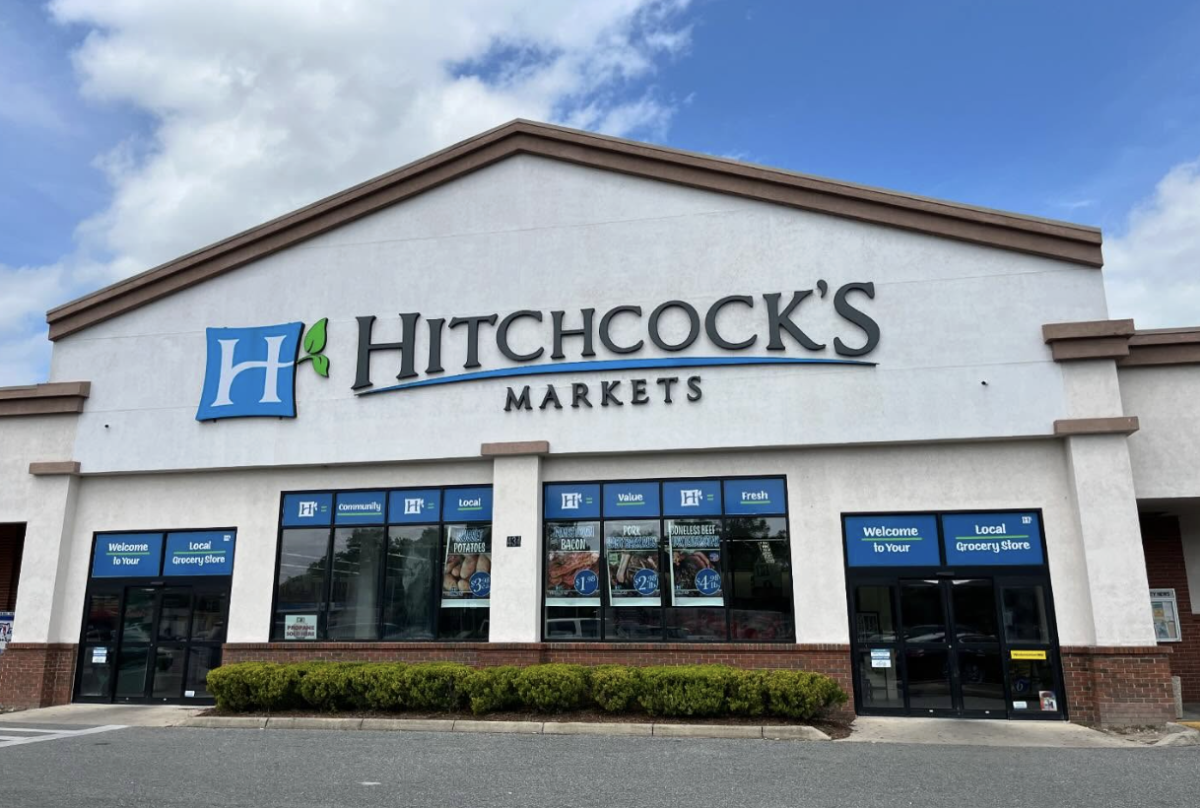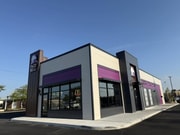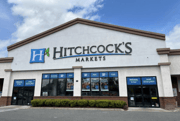
For generations, drivers along the backroads of a rural region in the Southeast grew familiar with a green-and-white sign that signaled a dependable hometown stop. Families who relied on that neighborhood store as part of their weekly routine suddenly learned it was shutting its doors for good.
The unexpected change left many shoppers surprised and unsure of what would replace a business that had been part of their community’s identity. Even those who hadn’t visited in years were caught off guard by how quickly the transition unfolded.
A family legacy spanning eight decades
Founded in 1945, Hitchcock’s Market grew from a single store into a regional chain that, at its peak, boasted more than 800 employees and annual revenues of $150 million. The Hitchcock family, known for their hands-on approach and commitment to local farmers, built a reputation for quality meats, friendly service, and a neighborly atmosphere that big-box competitors could never quite replicate.
But as the years rolled on, the grocery landscape changed. National chains expanded aggressively, online shopping took off, and the pressures of running a family business mounted. Alan Hitchcock, son of the co-founder, sold the chain in 2008, and while he admits it’s “sad to see the name disappear,” he also confesses to feeling “relief” as the store’s philosophy and management style drifted from the family’s original vision.
Sudden closures leave employees in uncertainty
The end came swiftly. Hitchcock’s sold its last ten stores, scattered across small towns like Keystone Heights, Alachua, and Newberry, to larger competitors such as Winn-Dixie and Bravo. For many communities, Hitchcock’s was the only local grocer, and its closure has left a gaping hole.
Employees, like Dylan Saley of the Keystone Heights location, now face an uncertain future: “They said that we might keep our jobs, but we might not. We might have to reapply, but I’m just going to keep looking around and see if there’s anything else.”
The transition hasn’t been smooth. Vendors, wary after missed payments and the passing of the company’s former owner last year, began pulling back even before the official announcement. Deliveries stopped, shelves emptied, and liquidation sales with steep discounts drew crowds eager to snag the last of the name-brand goods. “Everybody kind of started putting their plan together to try to purchase,” a former manager shared, highlighting the uncertainty and lack of communication that marked Hitchcock’s final days.
Part of a nationwide rural grocery trend
Hitchcock’s isn’t alone. Across America, rural grocery stores are vanishing at an alarming rate. In 2025 alone, an estimated 2,700 rural stores have closed their doors, leaving many small towns as “food deserts,” places where fresh, affordable groceries are hard to come by. Even industry giants aren’t immune: Kroger’s announced the closure of 60 underperforming stores and 1,000 layoffs this summer, while Safeway and Amazon have also pulled back from rural markets.
Why is this happening? The reasons are many: rising costs, shrinking populations in rural areas, competition from big-box retailers and online delivery services, and the razor-thin profit margins that make grocery retail a tough business even in the best of times. For small chains like Hitchcock’s, the challenges can be insurmountable.
Also read: A 1974 shopping trip shows grocery prices have always been high
Impact on small-town residents
For residents of small towns, the loss of their only nearby grocery store means longer trips and fewer options. Seniors who struggle with transportation and families working within tight budgets now face greater challenges in accessing fresh, affordable food. The job losses add another layer of concern in areas where employment opportunities are already limited. However, some of the companies purchasing the stores have hinted at future renovations, reopenings, and potential rehirings.
Some of the stores’ new owners, like Winn-Dixie and Bravo, have promised to renovate and reopen, potentially rehiring some former employees. Local leaders are exploring ways to attract new businesses or support farmers’ markets and food co-ops. And in true Florida fashion, neighbors are stepping up to help each other, offering rides to distant supermarkets, sharing tips on where to find the best deals, and reminiscing about the good old days at Hitchcock’s.
Read next:
- From bold beginnings to a new future: A century-old grocery chain is scaling back to survive
- Your next grocery trip could feel very different—here’s what one of the state’s biggest chains just confirmed
- A beloved diner chain with 72 years of history is shutting its doors
It’s easy to get nostalgic about a place like Hitchcock’s. Maybe you remember the smell of fresh-baked bread, the friendly butcher who always remembered your name, or the annual holiday displays that made shopping feel special. Those memories are part of the fabric of North Florida life, and they won’t disappear just because the stores have.
Did you shop at Hitchcock’s? Do you have a favorite memory, a story about a helpful employee, or a tip for navigating the new grocery landscape? Are you worried about the loss of local stores in your area?






